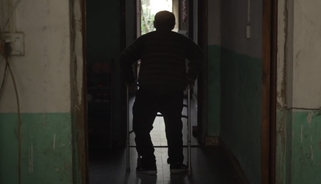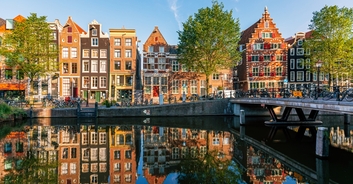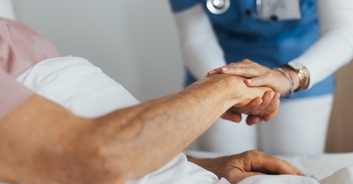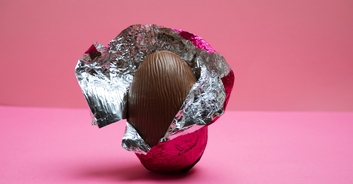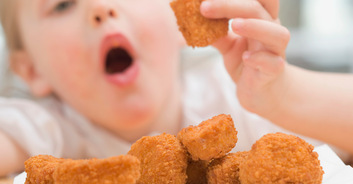In a poignant revelation that touches on the universal experience of death, Julie, a hospice nurse from Los Angeles, known on TikTok as @hospicenursejulie, has shared the profound final moments she's witnessed in her years of caring for the dying.
Her social media platform, which has attracted a following of over 1.3 million, serves as a conduit for demystifying the dying process and offering comfort to those facing the loss of a loved one.
Julie's insights into the end-of-life experience bring to light the raw and tender humanity that emerges as life draws to a close.
Speaking to The Sun, she shared that the final words of many patients often include a heartfelt "I love you," or a call to a parent who has passed before them.
This intimate glimpse into last moments is a testament to the deep-seated need for connection and love that persists until the very end.
The Los Angeles-based nurse, with a compassionate approach to her vocation, provides a clearer understanding of the "actively dying phase." Patients typically exhibit signs such as changes in consciousness and breathing patterns, shifts in skin color, and the appearance of terminal secretions.
Contrary to fears, Julie assures that these symptoms are natural and not sources of pain or discomfort. She emphasizes that in death, as in life, the body has an intrinsic ability to care for itself, often requiring less medical intervention than one might expect.
Her observations also aim to dismantle misconceptions about hospice care, a service that tends to both the medical and holistic aspects of a person's final chapter.
She corrects the fallacies that suggest hospices hasten death, either through the admittance process or through the use of medications like morphine. Julie is determined to convey that hospices do not precipitate the end but rather provide a space of dignity and peace for those in their last days.
The role of a hospice nurse, as Julie presents it, transcends the mere medical; it involves educating families on the dying process, quelling fears, and offering a presence that is both comforting and informed. It's a role that she approaches not just with professional acumen but with a genuine dedication to alleviating the emotional and spiritual toll that death can bring to those left behind.
Julie's narrative serves as an important reminder of the humanity within healthcare, particularly within the realm of end-of-life care. By bringing her experiences to a broad audience on social media, she fosters an environment where death is approached not as a taboo but as an intrinsic part of the human experience.
Her account serves as a touchstone for those grappling with the inevitability of death, whether for themselves or their loved ones, providing guidance and a sense of solidarity at the most critical of times. Through her words, Julie advocates for a death that is faced with love, dignity, and the quiet reassurance that one is not alone in their final journey.







